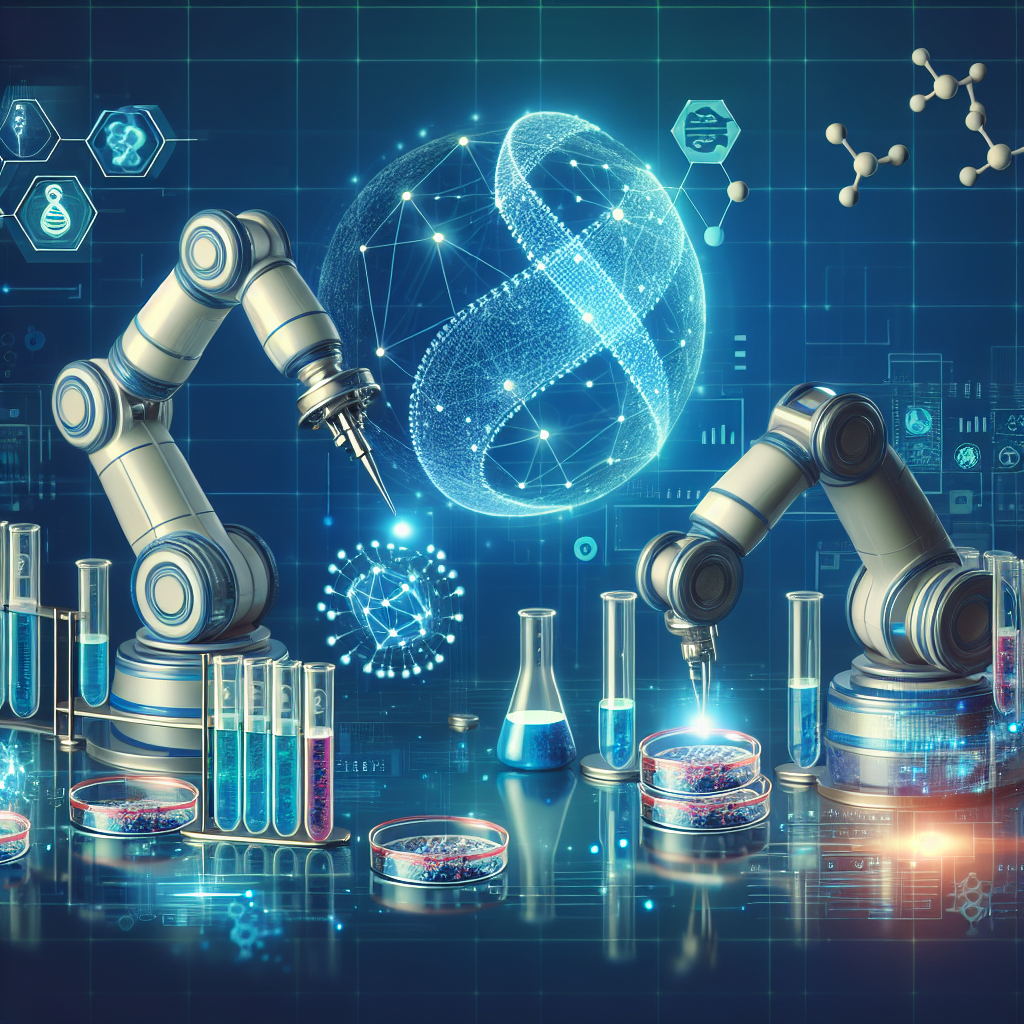The Role of AI Integration in Drug Discovery
In recent years, artificial intelligence (AI) has been increasingly integrated into various industries to streamline processes, improve efficiency, and drive innovation. One area that has seen significant advancements in AI integration is drug discovery. The pharmaceutical industry is constantly seeking new treatments and therapies for various diseases, and AI has emerged as a powerful tool to accelerate the drug discovery process.
AI has the potential to revolutionize drug discovery by enabling researchers to analyze vast amounts of data, predict drug interactions, and identify potential drug candidates more efficiently than traditional methods. By leveraging AI technologies such as machine learning, deep learning, and natural language processing, researchers can gain valuable insights into the complex biological processes underlying diseases and develop novel treatments.
One of the key advantages of AI integration in drug discovery is its ability to analyze large-scale data sets quickly and accurately. With the exponential growth of biomedical data, including genomic data, clinical trial data, and chemical structures, traditional methods are often unable to keep pace with the volume and complexity of data. AI algorithms can process and analyze these data sets much faster than humans, enabling researchers to identify patterns, trends, and relationships that would be difficult to detect using conventional methods.
AI can also help researchers predict the efficacy and safety of potential drug candidates by simulating drug interactions and side effects in silico. By modeling the interactions between drugs and biological targets at the molecular level, AI algorithms can predict how a drug will behave in the human body and identify potential risks before conducting expensive and time-consuming clinical trials. This predictive capability can significantly reduce the cost and time required to bring a new drug to market, making drug discovery more efficient and cost-effective.
Furthermore, AI can assist researchers in identifying new drug targets and designing novel compounds with specific therapeutic properties. By analyzing the genetic and molecular profiles of diseases, AI algorithms can pinpoint biological pathways that are dysregulated and propose potential targets for drug intervention. Researchers can then use this information to design small molecules or biologics that modulate these targets and develop new treatments for diseases with unmet medical needs.
Overall, the integration of AI in drug discovery has the potential to transform the pharmaceutical industry by accelerating the development of new drugs, reducing costs, and improving patient outcomes. As AI technologies continue to advance and become more sophisticated, researchers can expect to see even greater benefits in terms of speed, accuracy, and innovation in drug discovery.
FAQs:
Q: How does AI improve the drug discovery process?
A: AI improves the drug discovery process by analyzing large-scale data sets quickly and accurately, predicting drug interactions and side effects, identifying new drug targets, and designing novel compounds with specific therapeutic properties.
Q: What types of AI technologies are used in drug discovery?
A: AI technologies such as machine learning, deep learning, and natural language processing are commonly used in drug discovery to analyze data, predict drug interactions, and identify potential drug candidates.
Q: How does AI reduce the cost and time required for drug development?
A: AI reduces the cost and time required for drug development by accelerating the identification of potential drug candidates, predicting their efficacy and safety, and guiding the design of new compounds with specific therapeutic properties.
Q: What are the challenges of integrating AI into drug discovery?
A: Some challenges of integrating AI into drug discovery include the need for high-quality data, the complexity of biological systems, and the interpretation of AI algorithms in the context of drug development.
Q: How can researchers leverage AI in drug discovery?
A: Researchers can leverage AI in drug discovery by collaborating with AI experts, integrating AI technologies into their research workflows, and using AI platforms and tools to analyze data, predict drug interactions, and design new compounds.

